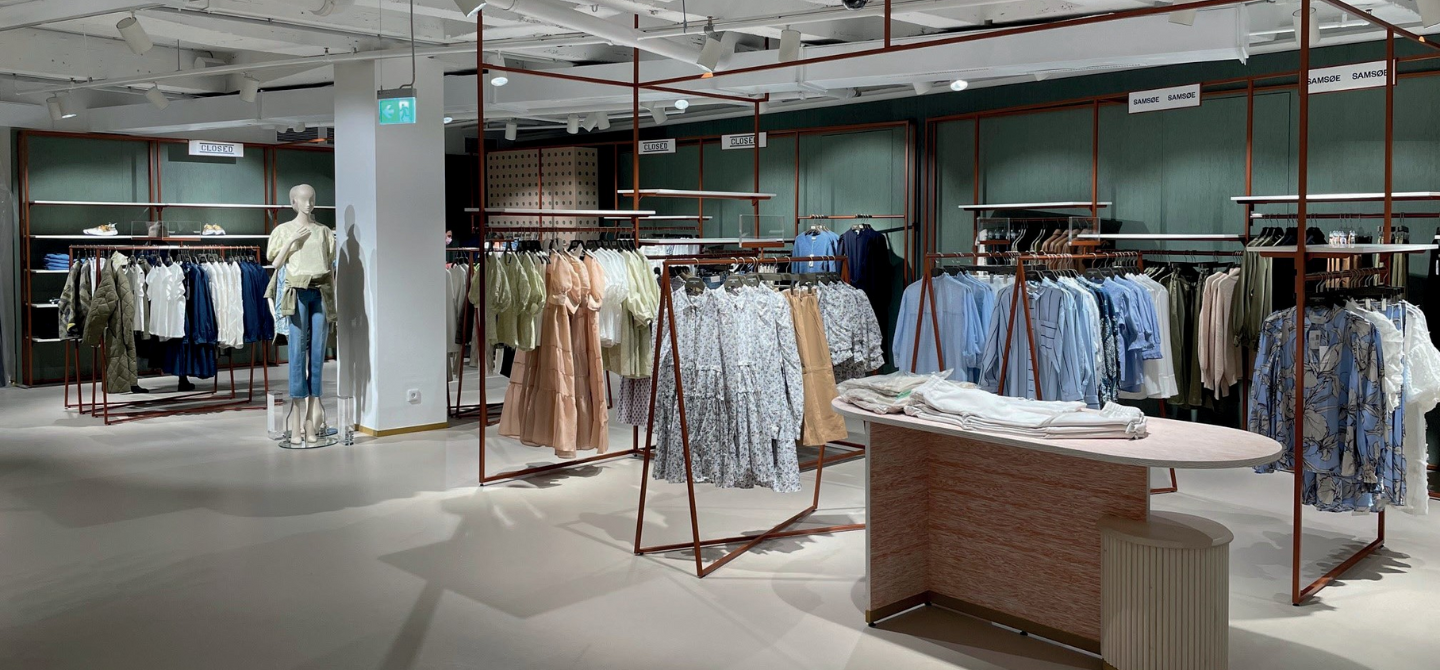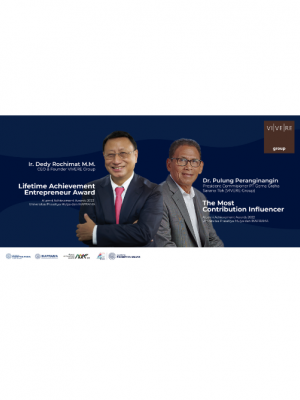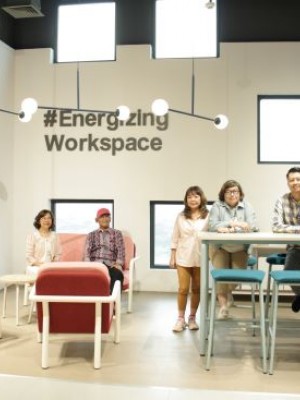News 14 September 2023
In a world struggling with the environmental impact of plastic pollution, the search for sustainable alternatives has never been more crucial. Amid the global pursuit of eco-friendly materials, an almost-forgotten raw material has been transformed into a revolutionary innovation, known as karuun®. This remarkable development not only marks the birth of the first nature tech material but also represents a profound ecological response to the plastic crisis.
In the creation of a product, the VIVERE Group brings innovation that not only refreshes the eye but also considers the environment and utilizes natural materials. karuun® is a material crafted through an energy-efficient process by transforming the natural structure of rattan palms into a sustainable raw material. karuun® can also be seen as an alternative to the use of plastic.
The manufacturing process of karuun® is carried out efficiently, with a focus on the unique vascular bundles of rattan that our patented processing technology leverages. This technology allows treatment of the entire cross-section of rattan rods for the first time. Through this process, durable UV-resistant pigments can be injected into the peeled rattan rod capillaries with minimal energy consumption. karuun® rattan poles are shaped into square forms, which are then assembled into panels or compacted into blocks. Remarkably, the trimmed-off fibers from rattan can also be processed into various other products.
.png)
karuun® offers a variety of applications depending on the direction of the cuts during the manufacturing process. Vertical cuts result in strong and malleable karuun® Stripe and karuun® 3D, while horizontal cuts create the translucent and air-permeable karuun® Shine. Despite undergoing substantial modifications, the inherent characteristics of the material remain intact, with the unmistakable fiber structure of rattan rods running through its surface.
In recent decades, human-made materials have almost replaced rattan products, and the history of rattan's sustainability has been nearly forgotten. However, through conscious rattan cultivation, we can finally fulfill our promise to protect tropical forests and embrace a new approach in the modern circular economy. Tropical forests are not only vital for the livelihoods of many people and the habitats of various plants and animals but also absorb approximately 250 billion tons of CO2 per year. That's about 90 times the greenhouse gas emissions generated by human activities.
Rattan relies on biodiversity. It does not grow in monocultures, naturally forming a symbiosis with the surrounding trees. In short, rattan requires the rainforest to thrive. Rattan is a renewable resource that grows like a vine, climbing from tree to tree, and is harvested by hand by local farmers - the most environmentally friendly way. By buying and using rattan for karuun®, we increase the value of tropical forests and provide an incentive to conserve forest resources.



